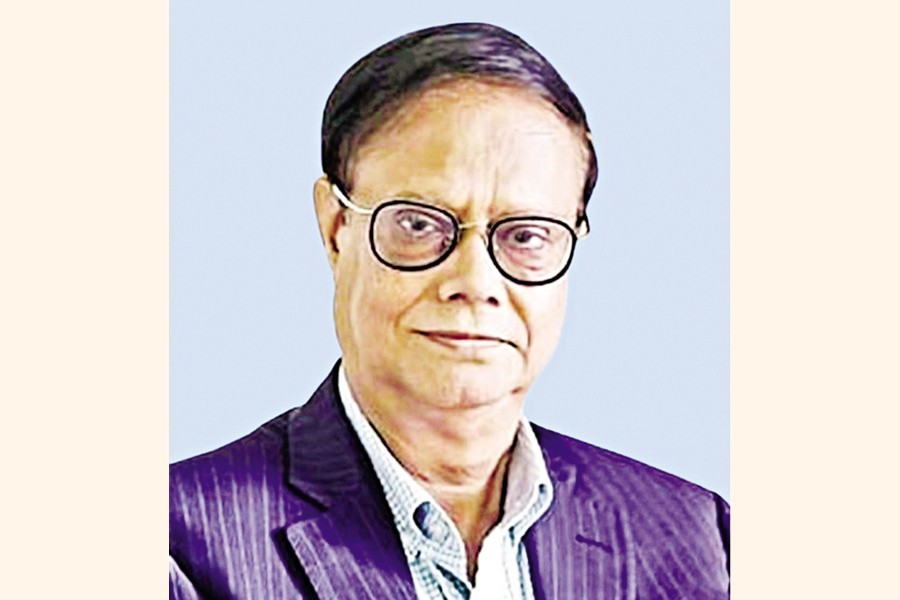
Published :
Updated :

Five private Islamic banks are on the verge of being consolidated into a single entity as part of sweeping reforms aimed at stabilising Bangladesh's banking sector.
Governor of the Bangladesh Bank (BB) Dr Ahsan H Mansur made the announcement at a press conference on Sunday, assuring stakeholders that no employees would lose their jobs as a result of the merger.

According to central bank sources, the five banks to be unified are Social Islami Bank, Global Islami Bank, First Security Islami Bank, Union Bank, and EXIM Bank.
The governor said, "This initiative is entirely independent of the upcoming national elections."
"It is part of a broader, ongoing reform programme. We expect the next government to continue the process, but we are moving forward now. The merger will be completed within the next few months."
Dr Mansur said employees need not worry about their positions, although some branches may be relocated.
"Banks with excessive urban branches may be instructed to expand their presence in rural areas," he noted.
About recovering laundered assets, the governor said the process must be carried out in phases.
"Assets cannot be recovered without a final court verdict. We need to first collect concrete evidence and prepare the necessary legal documentation. The court must validate our claims. Only then can we pursue recovery."
He also focused on the option of alternative dispute resolution (ADR) as a parallel mechanism for asset recovery.
"Under ADR, both parties' legal teams can negotiate settlements out of court. This route, too, follows a well-defined process."
The central bank governor emphasised that the path forward - whether via formal litigation or ADR - would be determined by the government.
"Upon receiving policy guidance, the Bangladesh Bank will prepare accordingly and appoint legal counsel to lead the recovery efforts."
He further explained that domestic cases would be pursued in local courts, while the recovery of foreign assets would require proceedings in the respective jurisdictions.
Preparatory work for both avenues is already underway, he also said.
The press briefing followed a high-level meeting on June 4 at the central bank, where Dr Mansur sat with the managing directors and chairmen of the five Islamic banks to discuss the merger framework.
According to officials familiar with the process, five joint teams comprising Bangladesh Bank representatives and experienced personnel from the banks will spearhead the integration over a three-and-a-half-month period.
During this transition, the banks will come under temporary government control.
The existing managing directors will be removed, and a restructured board will be formed. The new board will include select members from the current boards and additional representatives from various sectors.
The unified bank will operate under the Bangladesh Bank's direct supervision.
The merger falls under the provisions of the newly enacted Bank Resolution Ordinance 2025, which grants the central bank broader authority to resolve distressed financial institutions.
Six banks are currently under resolution review, with five in the final phase.
ICB Islamic Bank has been excluded from the process due to foreign ownership complexities.
The momentum for the merger increased after the Bangladesh Bank engaged two international firms in January to conduct asset quality reviews (AQRs). These reviews, now nearing completion, were initiated to assess the actual financial health of the institutions involved.
The bold move is part of the interim government's broader agenda to restore public trust; bring discipline in the banking sector long riddled with mismanagement, insider lending, and capital inadequacies; and ensure long-term financial stability, said insiders.
tonmoy.wardad@gmail.com


 For all latest news, follow The Financial Express Google News channel.
For all latest news, follow The Financial Express Google News channel.